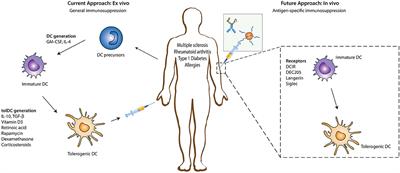EDITORIAL
Published on 30 May 2022
Editorial: Novel Platform for Antigen Delivery to Dendritic Cells for Immunotherapy
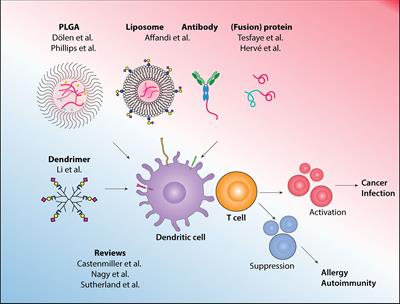
doi 10.3389/fimmu.2022.915604
- 942 views
22k
Total downloads
82k
Total views and downloads
EDITORIAL
Published on 30 May 2022

ORIGINAL RESEARCH
Published on 28 Feb 2022
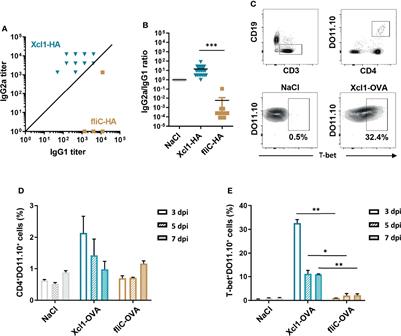
ORIGINAL RESEARCH
Published on 28 Jul 2021
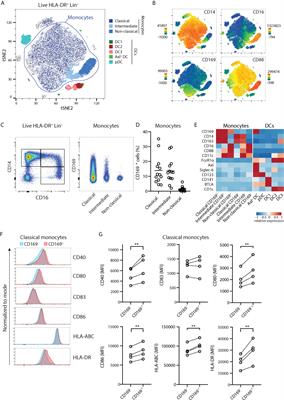
REVIEW
Published on 13 May 2021
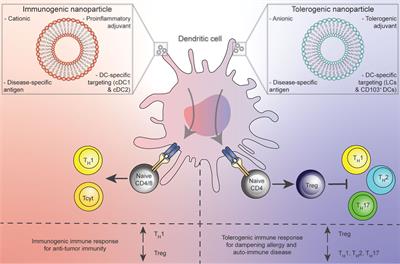
ORIGINAL RESEARCH
Published on 22 Apr 2021
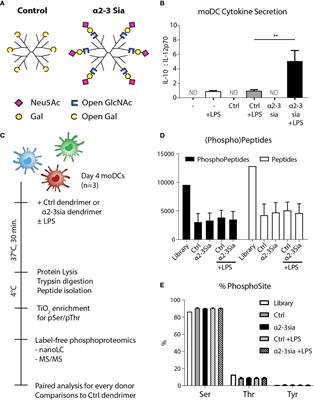
REVIEW
Published on 29 Mar 2021

ORIGINAL RESEARCH
Published on 26 Mar 2021
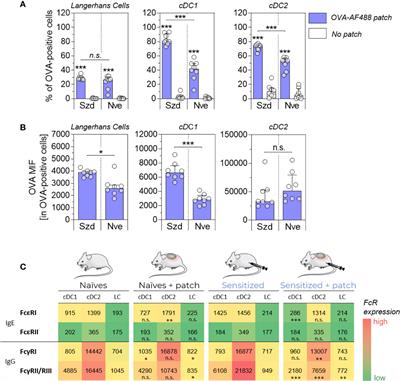
ORIGINAL RESEARCH
Published on 08 Mar 2021
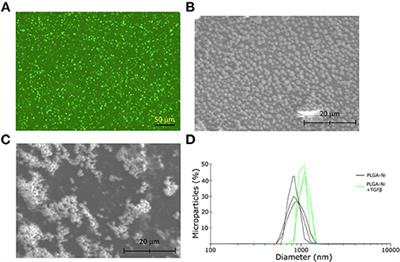
ORIGINAL RESEARCH
Published on 25 Feb 2021
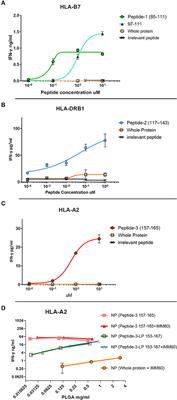
REVIEW
Published on 19 Feb 2021
